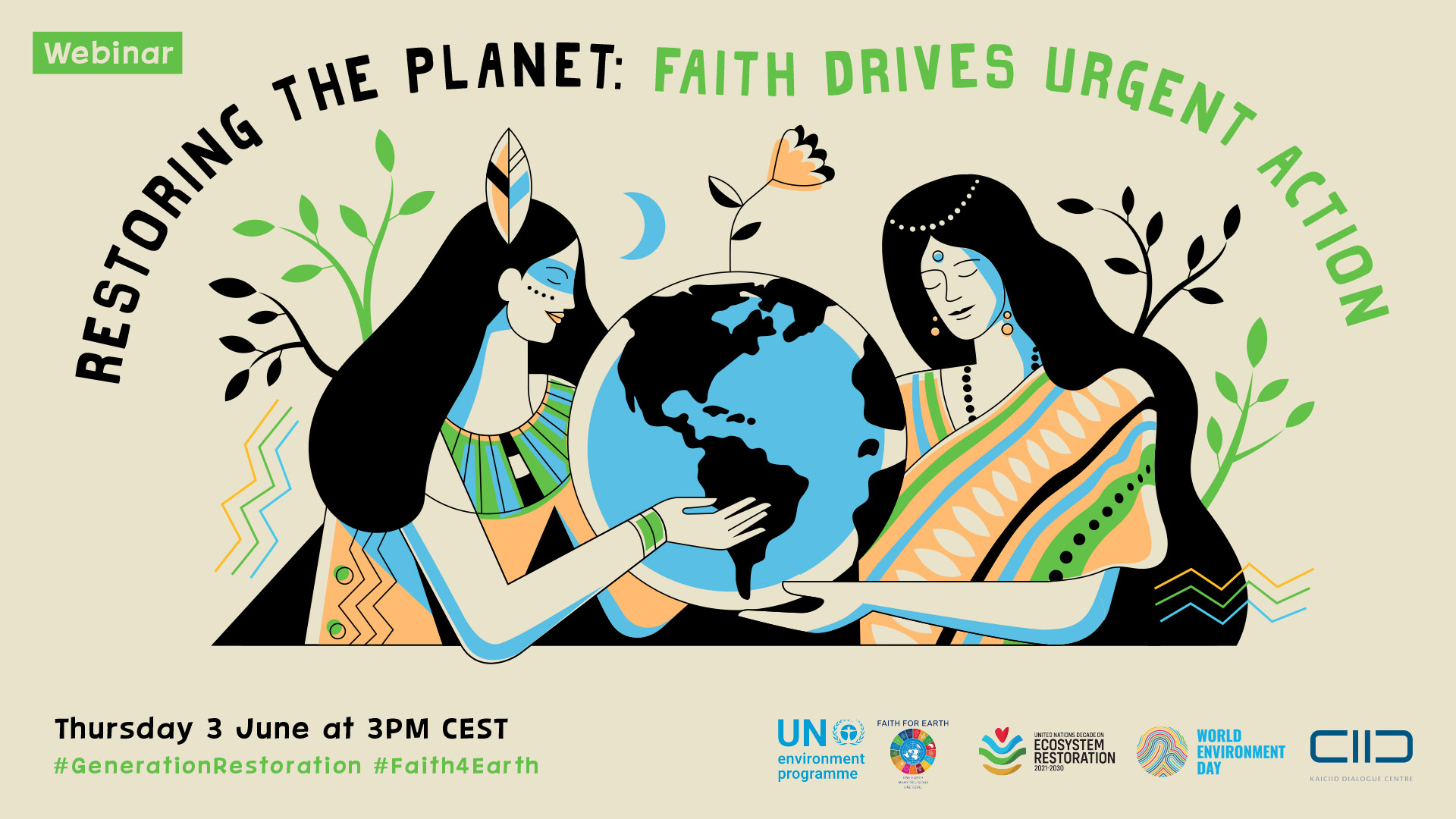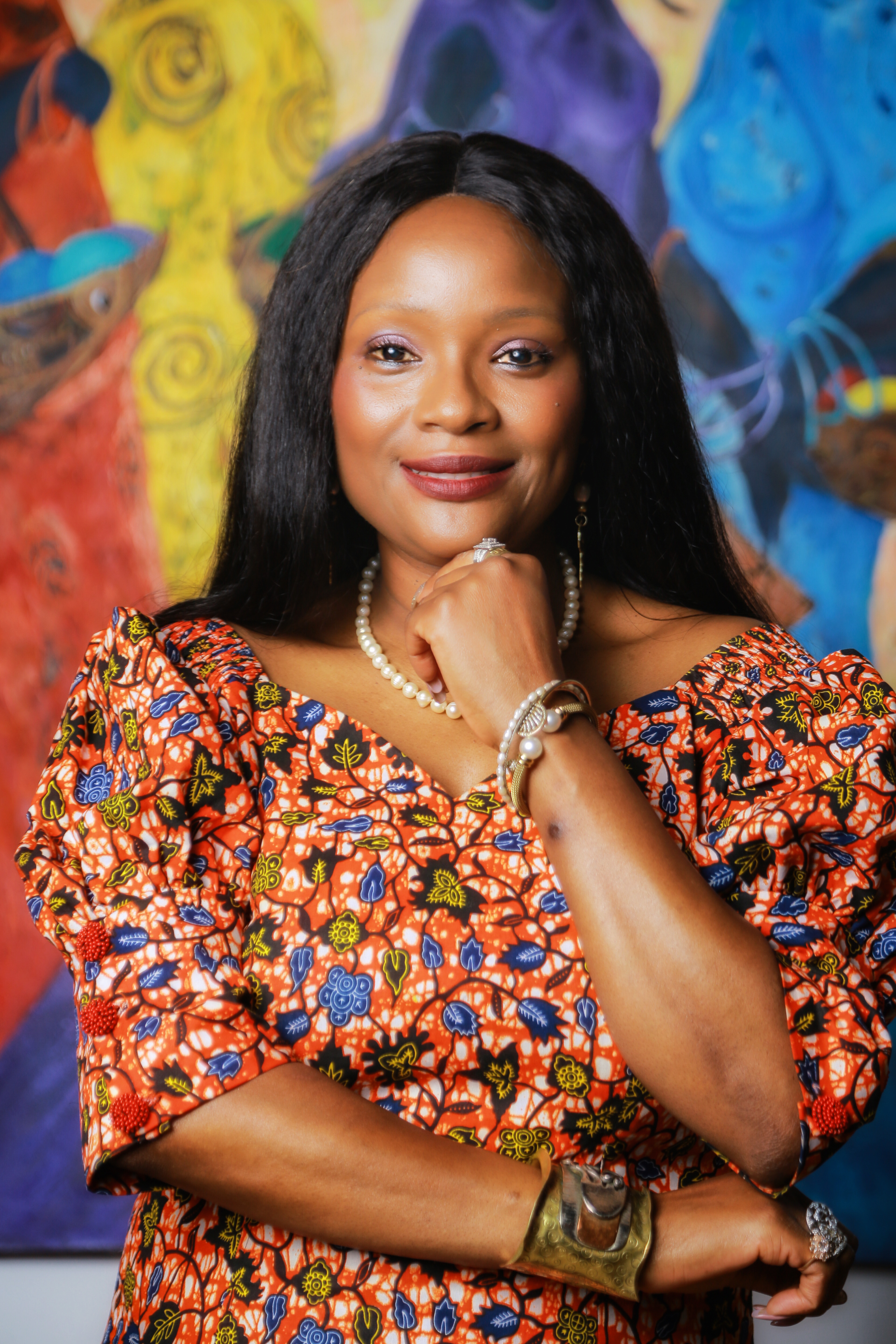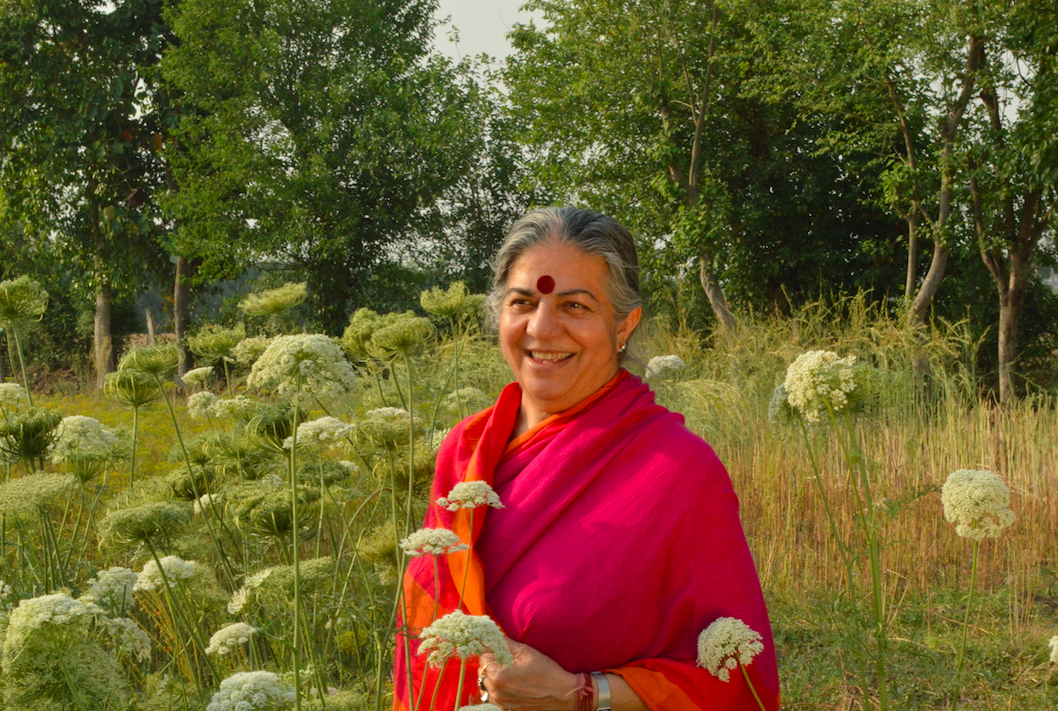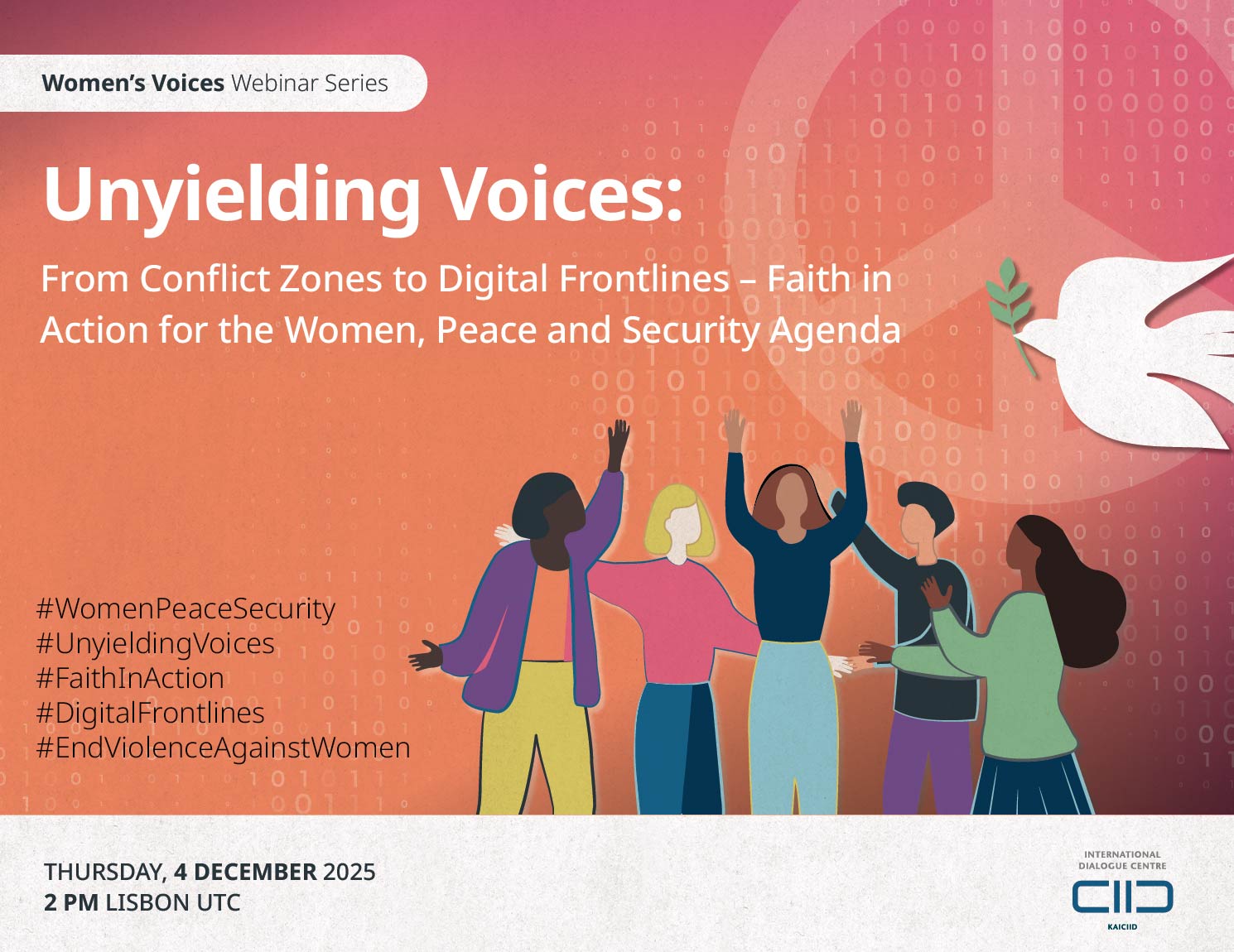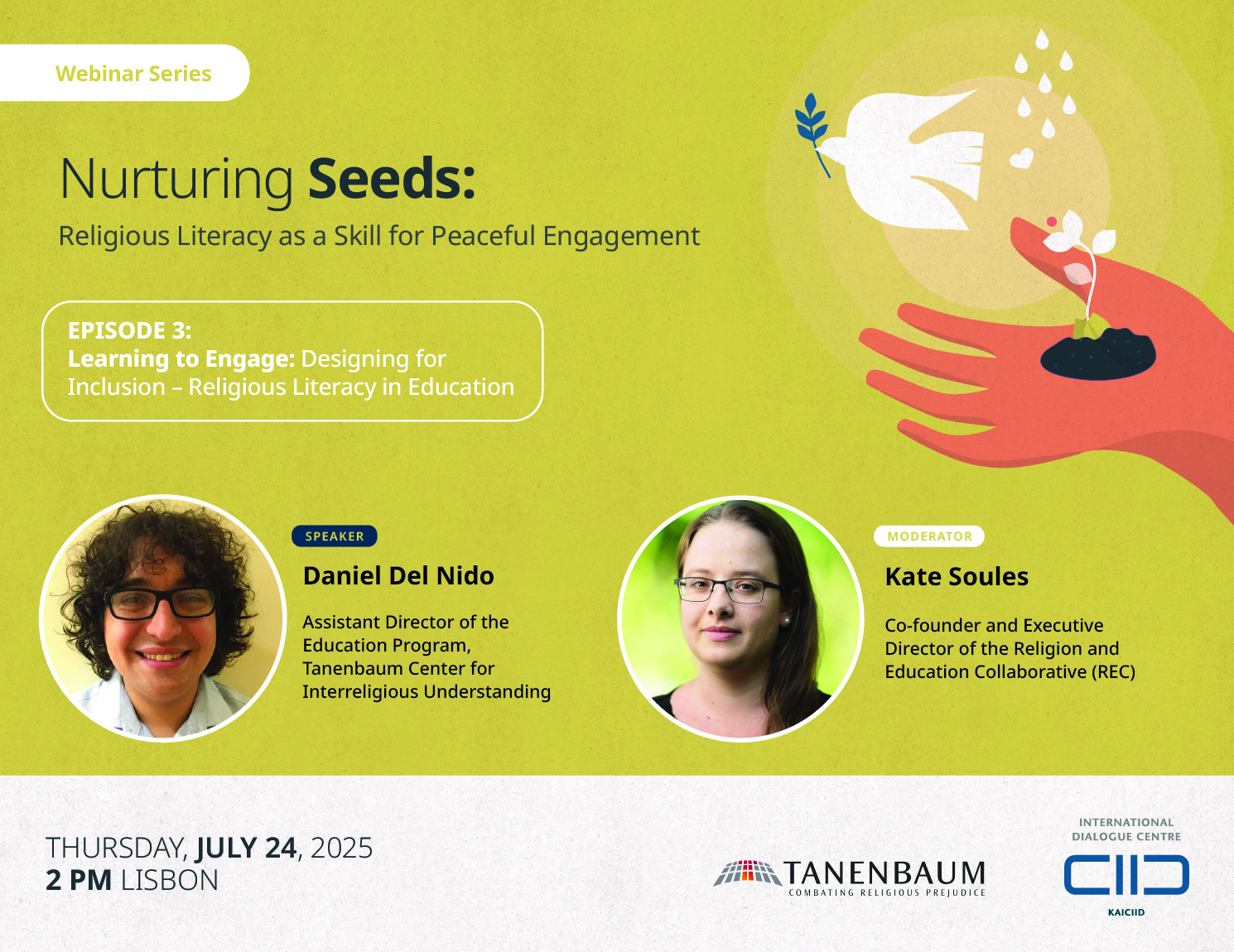Dr. Vandana Shiva
Dr. Vandana Shiva is trained as a Physicist and did her Ph.D. on the subject “Hidden Variables and Non-locality in Quantum Theory” from the University of Western Ontario in Canada. She later shifted to interdisciplinary research in science, technology and environmental policy, which she carried out at the Indian Institute of Science and the Indian Institute of Management in Bangalore, India.
In 1982, she founded an independent institute, the Research Foundation for Science, Technology and Ecology in Dehra Dun dedicated to high quality and independent research to address the most significant ecological and social issues of our times, in close partnership with local communities and social movements. In 1991, she founded Navdanya, a national movement to protect the diversity and integrity of living resources, especially native seed, the promotion of organic farming and fair trade.
In 2004 she started Bija Vidyapeeth, an international college for sustainable living in Doon Valley in collaboration with Schumacher College, U.K. Earth University is a place to learn from nature and sustainable traditions and holistic knowledge systems. As it was founded in the spirit of Gandhian principles and self-organization, the atmosphere and well-being of everyone at Earth University must be created by each individual and group that comes to stay here.
Dr. Shiva combines the sharp intellectual enquiry with courageous activism. She is equally at ease working with peasants in rural India and teaching in Universities worldwide. Time Magazine identified Dr. Shiva as an environmental “hero” in 2003 and Asia Week has called her one of the five most powerful communicators of Asia. Forbes magazine in November 2010 has identified Dr. Vandana Shiva as one of the top seven most Powerful Women on the Globe. Dr. Shiva published books The Violence of Green Revolution and Monocultures of the Mind, and Biopiracy, Stolen
Harvest, Water Wars, etc. Dr. Shiva chairs the Commission on the Future of Food set up by the Region of Tuscany in Italy. She is a Board Member of the International Forum on Globalisation and a member of the Steering Committee of the Indian People’s Campaign against WTO. She also serves on Government of India Committees on Organic Farming.

